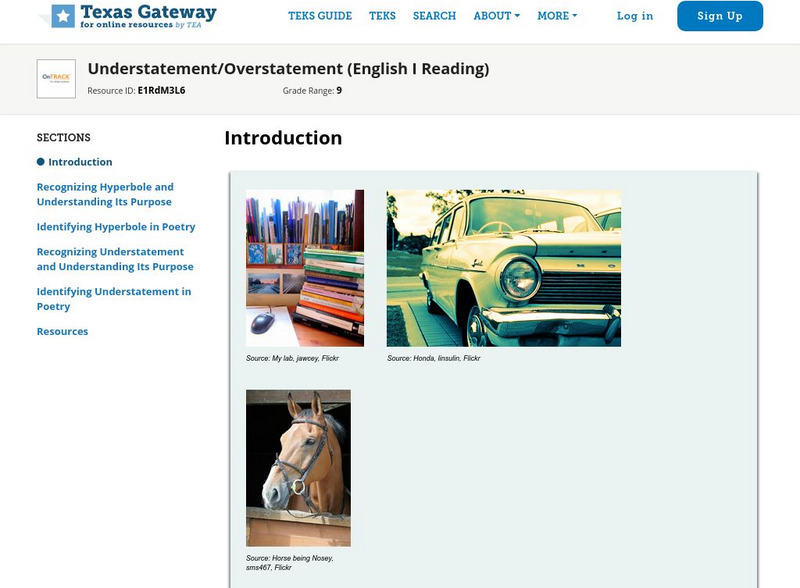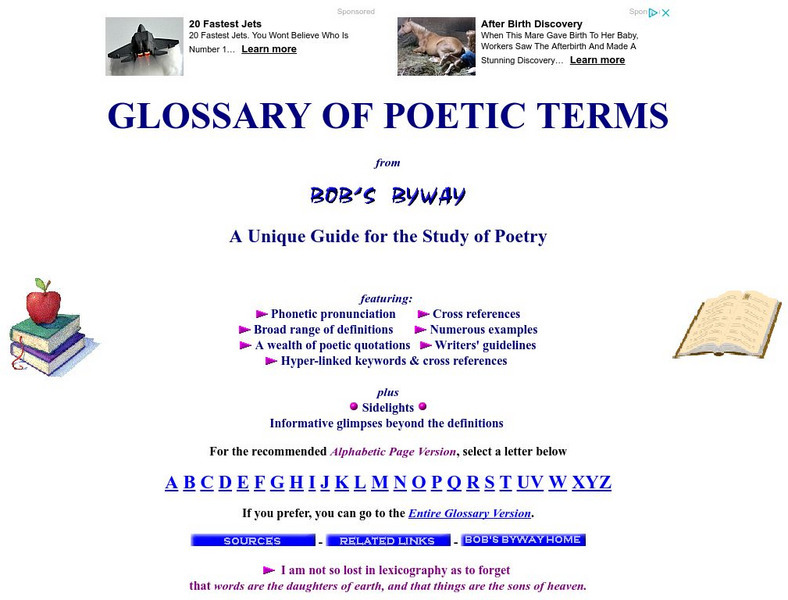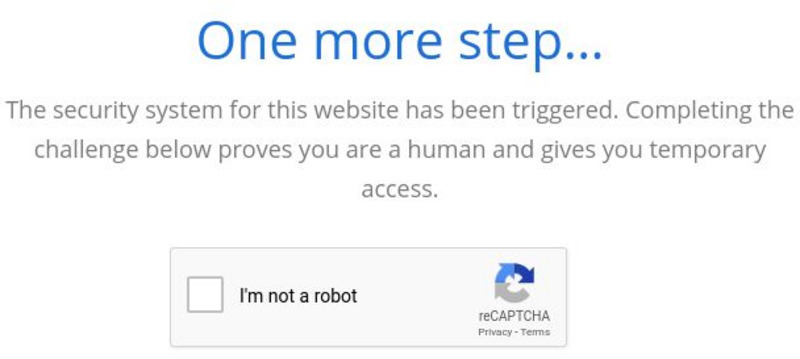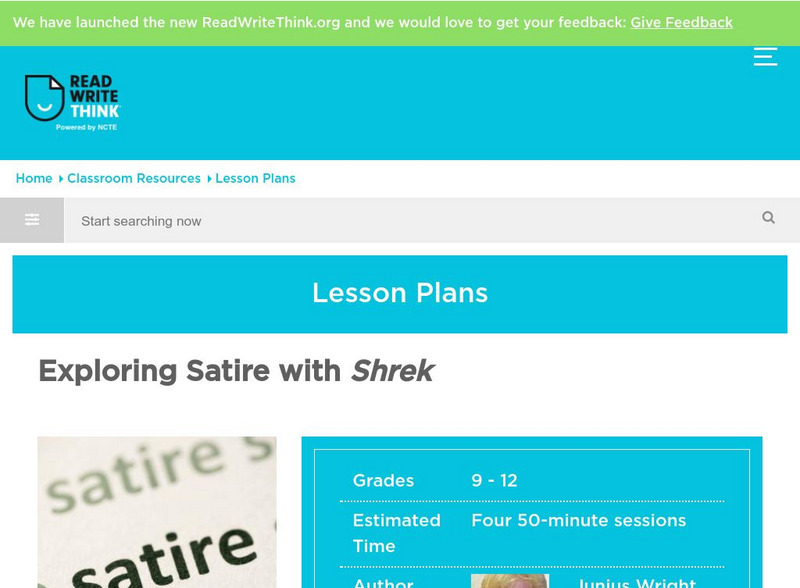Hi, what do you want to do?
Other
My Schoolhouse: Simile, Metaphor, Hyperbole
Definitions and examples of simile, metaphor, and hyperbole followed by 15 sentences asking students to identify whether the sentence contains a simile, metaphor, or hyperbole.
Other
Rudolph Academy: Figurative Language Quizzes and Practice Exercises
This site offers a multitude of figurative language quizzes (some by grade level), a PowerPoint presentation and links to much more. It features a 30 question quiz asking students to either read or listen to statements and then select...
Sophia Learning
Sophia: Hyperboles
This tutorial focuses on the use of hyperbole; it defines the term and explains when it is used. It offers two video clips: the first demonstrates the use of hyperbole in song lyrics as it highlights them, and the second shows the use of...
E Reading Worksheets
E Reading Worksheets: Figurative Language Examples
Along with definitions for four types of figurative language, this learning module provides numerous examples. Similes, metaphors, personification, and hyperbole are the types of figurative language featured.
Other
Stories for Scouts: Tall Tales and Campfire Stories
Goofy stories and larger-than-life adventures populate this list of tall tales.
Other
Learning Activities: Paul Bunyan and His Blue Ox
Several suggested activities for engaging small children in the American folk tale of Paul Bunyan. The lesson plan and story include discussion, an online jigsaw puzzle, and coloring pages.
University of California
University of California: Bampfa: Yosemite Winter Scene by Albert Bierstadt
Learn about different qualities of landscapes, such as degree of realism versus exaggeration, from this activity that pushes viewers to think about different aspects of Bierstadt's seasonal landscape titled Yosemite Winter Scene.
Ted Nellen
Cyber English (By Ted Nellen): Metaphor
This is a glossary entry for the term "Metaphor" including a definition and links to simile, personification, hyperbole, anology, and other figures of speech.
TES Global
Blendspace: Figurative Language & Tone
A twelve-part learning module with links to texts, videos, and websites on figurative language and tone.
Lumen Learning
Lumen: Boundless Communications: Deploying Style Effectively
This lesson plan focuses on rhetorical devices and how to use them effectively in public speaking. These include alliteration, antithesis, hyperbole, onomatopoeia, personification, repetition and parallelism, and simile and metaphor.
E Reading Worksheets
E Reading Worksheets: Figurative Language Poems With Questions
This learning module provides remediation and extra practice with identifying figurative language techniques in the context of poems. Nine different worksheets are available to help reinforce the concept of figurative language in poetry.
ClassFlow
Class Flow: Hyperbole
[Free Registration/Login Required] This flipchart teaches students to use hyperboles (exaggeration). They use them all the time and don't even realize it. Hyperboles can help make stories scarier or funnier.
ClassFlow
Class Flow: Figurative Language and Sound Devices
[Free Registration/Login Required] This flipchart is intended for students in grades 4 and 5 who have been introduced to the terms simile, metaphor, hyperbole, alliteration, and onomatopoeia. The activities in the flipchart give...
Scholastic
Scholastic: Maniac Magee Literature Response Journal [Pdf]
This printable resource offers suggestions for both writing and discussion, as well as a look at symbols, tone and hyperbole. PDF (requires Adobe Reader).
Texas Education Agency
Texas Gateway: Understatement/overstatement (English I Reading)
A learning module that teaches students to recognize hyperbole and understatement as literary devices in five modules: Introduction, Recognizing Hyperbole and Understanding Its Purpose, Identifying Hyperbole in Poetry, Recognizing...
Texas Education Agency
Texas Gateway: Understatement/overstatement (English I Reading)
Students learn about and practice literary techniques including overstatements and understatements.
Other
Bob's Byway: Glossary of Poetic Terms
Calling itself "unique," Bob's is easy to use, with cross-links throughout, phonetic pronunciation guides when necessary, and many examples and quotations. Click on the letter and scroll for the word.
Quizlet
Quizlet: Flashcards: Figurative Language Level 1
Practice learning figurative language using these audio-enabled flashcards with literary terms and their definitions. Also provided is a list of terms and definitions (audio available) and links to games and a test. Java is required....
Bartleby
Bartleby.com: Marlowe and Kyd
This site is provided for by Bartelby.com. Marlowe's characteristics of style, as critics put it, is the use of the persistent hyperbole, weak construction, no woman limitation, humourless.
Georgia Department of Education
Ga Virtual Learning: "Top Twenty Figures of Speech" [Pdf]
This is a two-page PDF of the "Top Twenty Figures of Speech" which provides 20 literary techniques with their definitions from GrammarAbout.com.
ReadWriteThink
Read Write Think: Exploring Satire With Shrek
The movie Shrek introduces the satirical techniques of exaggeration, incongruity, reversal, and parody. Students brainstorm fairy tale characteristics, identify satirical techniques, then create their own satirical versions of fairy tales.
Other
Poetry4 Kids: Poetry Lessons
This resource offers guidance through the writing process of writing funny poetry. There are instructions on how to write a clerihew and an exaggeration poem.
Read Works
Read Works: Not So Loony Toons
[Free Registration/Login Required] Students read about how political cartoonists use symbolism, exaggeration, humor, and caricature to comment on current events. A question sheet is available to help students build skills in drawing...
Love To Know Media
Your Dictionary: Literary Terms Lesson Plan
This is a lesson plan for teaching the seven literary terms used in poetry: simile, metaphor, alliteration, imagery, hyperbole, personification, and onomatopoeia.
Other popular searches
- Poetry and Hyperbole
- Idioms and Hyperbole
- Onomatopoeia and Hyperbole
- Alliteration and Hyperbole
- Hyperbole and Oxymoron
- Weakening and Hyperbole
- Alleteration and Hyperboles
- Hyperbole and Personification






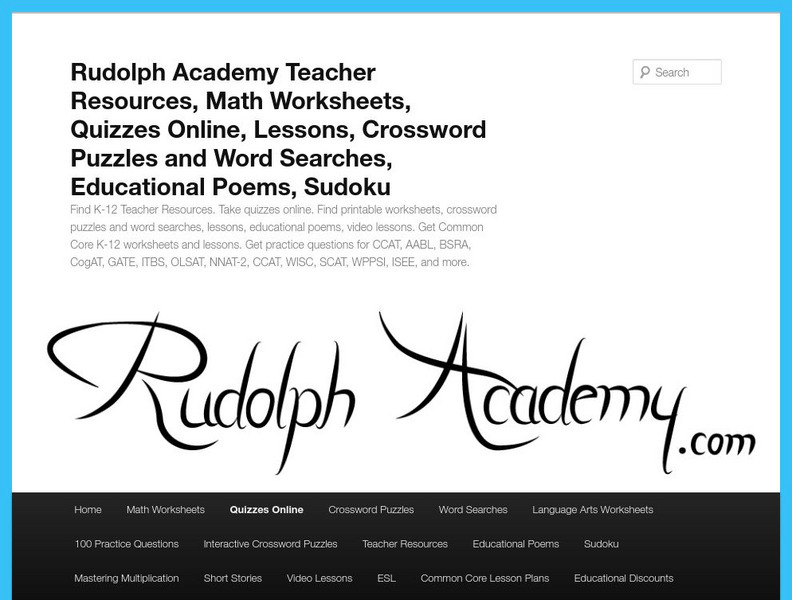




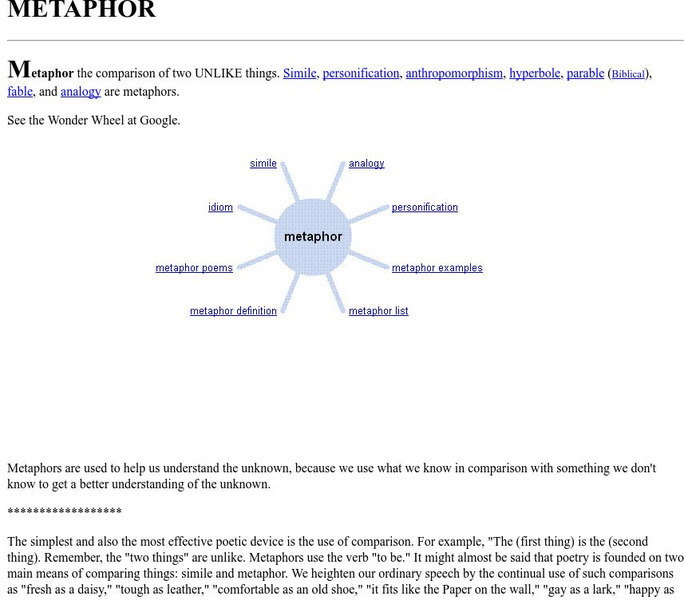




![Scholastic: Maniac Magee Literature Response Journal [Pdf] Unit Plan Scholastic: Maniac Magee Literature Response Journal [Pdf] Unit Plan](https://content.lessonplanet.com/knovation/original/34366-fce492bf681244da4e83765576fea0d2.jpg?1661408716)

